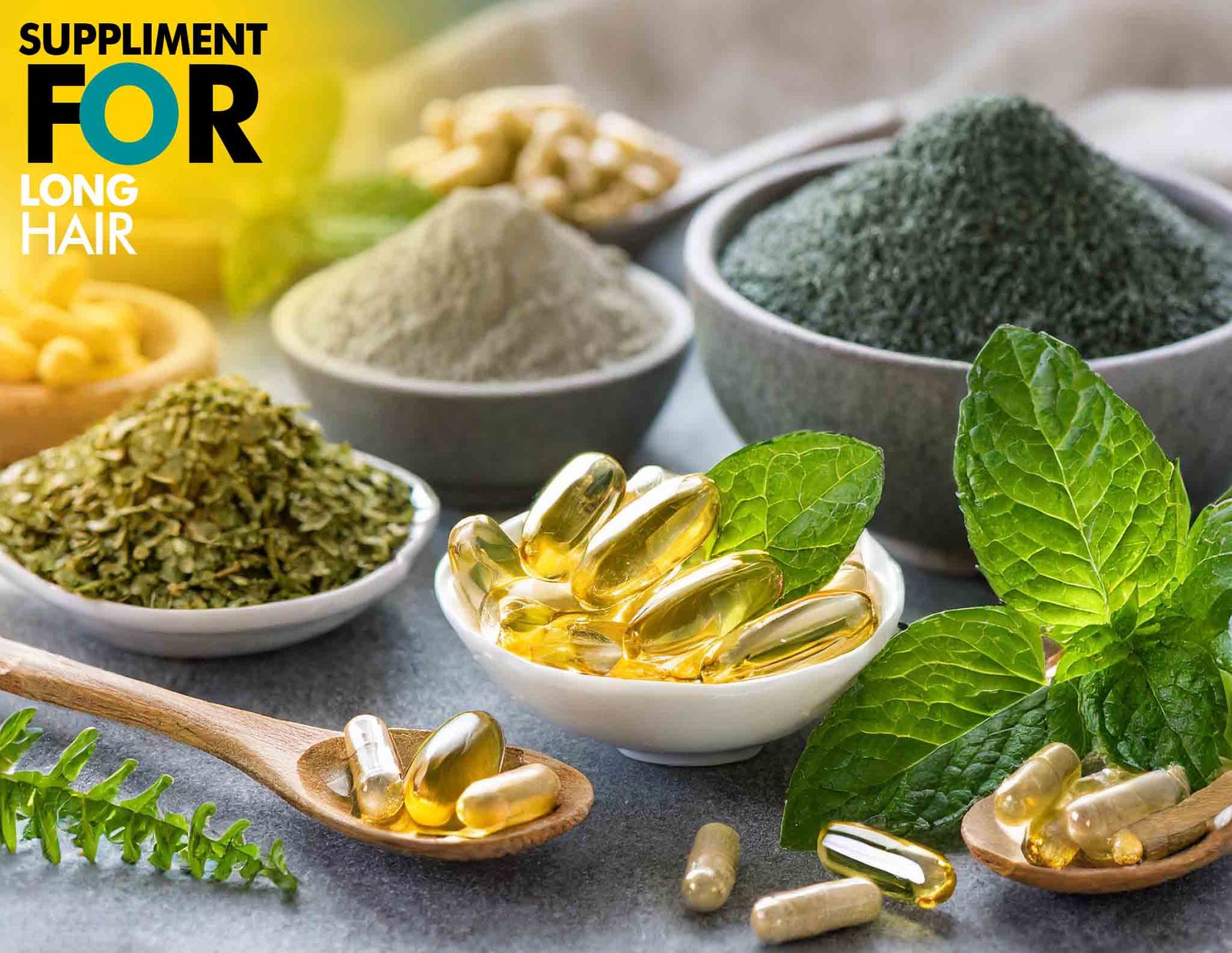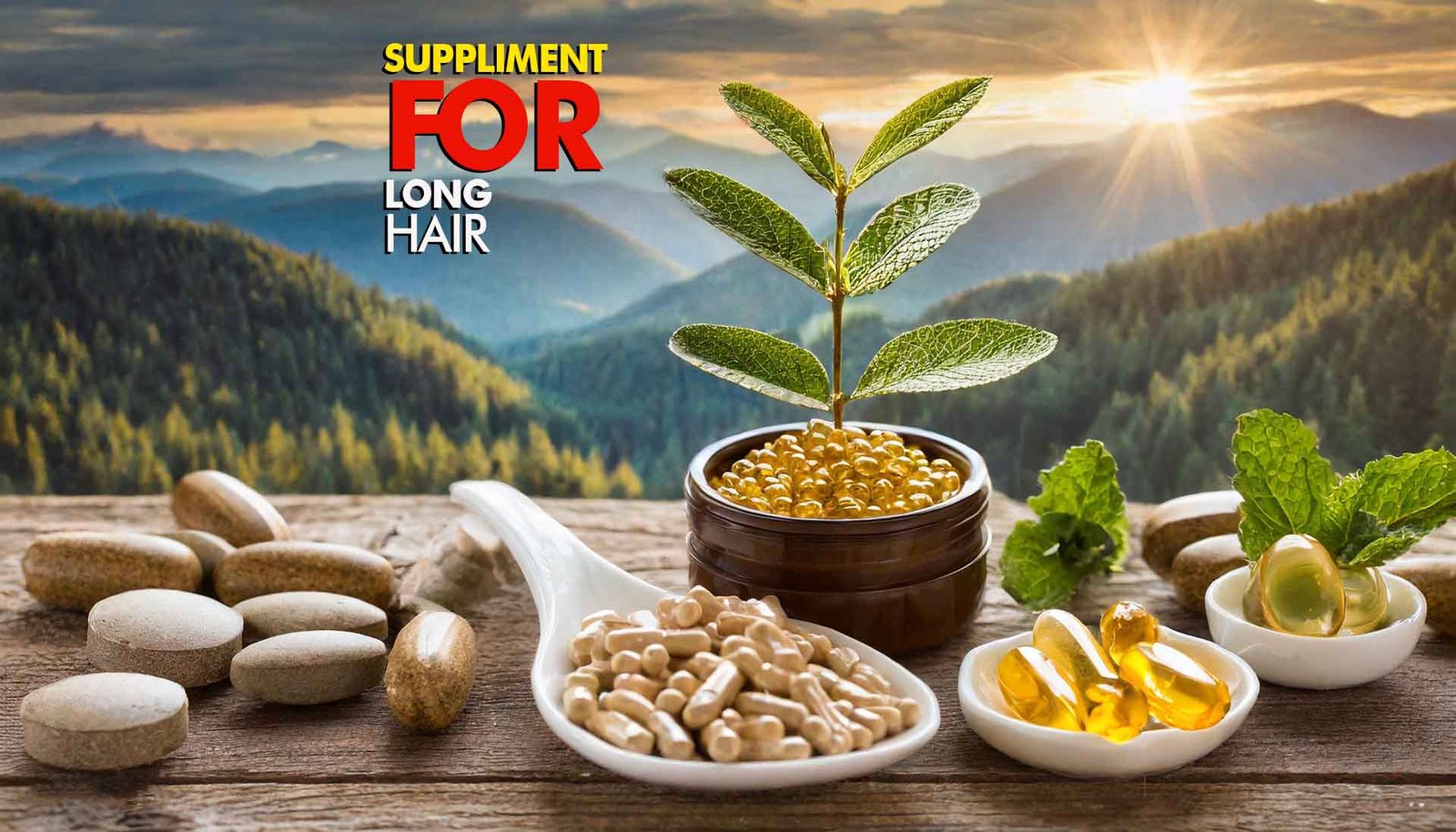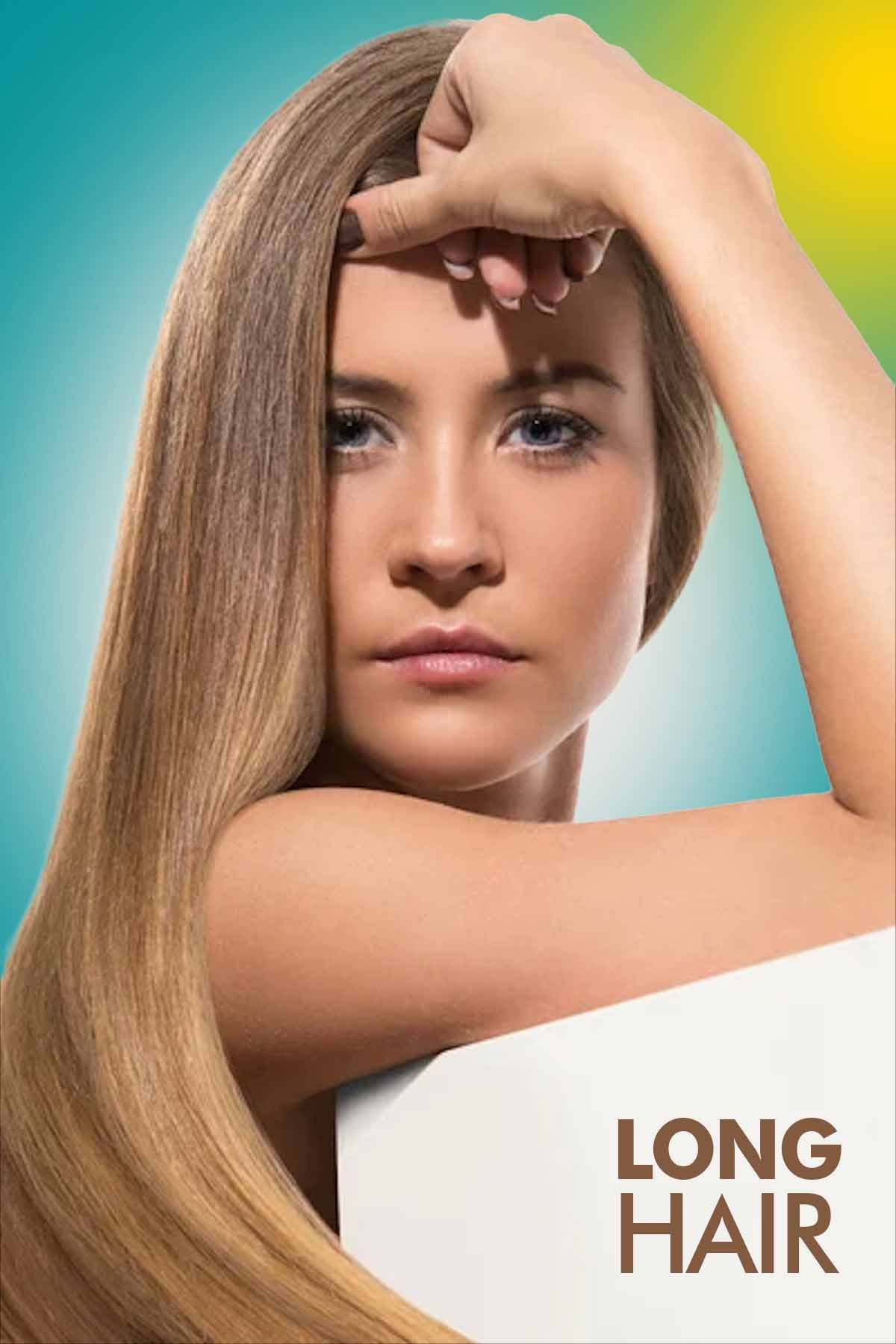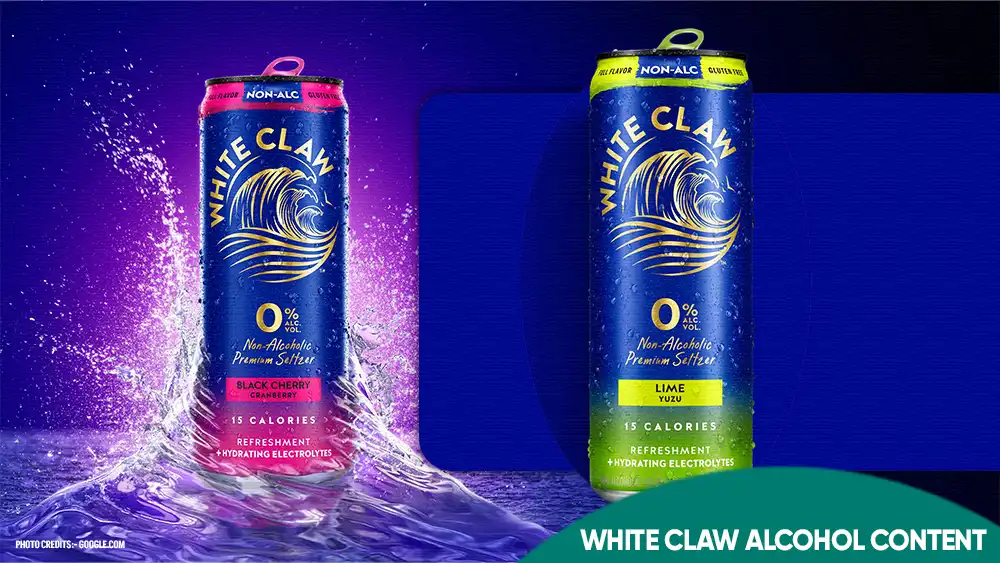HEALTH BLOG
Unlocking the Secret to Luscious Locks: What Supplements Help Hair Growth?
-
 Rahul Priydarss
Rahul Priydarss - January 21, 2024

T
he health and appearance of our hair are often reflective of our overall well-being, and several key nutrients play a crucial role in promoting Hair Growth.
Table of Contents
Introduction For Hair Growth:
In the pursuit of healthier and more vibrant hair, many individuals turn to supplements as a natural and effective solution. The health and appearance of our hair are often reflective of our overall well-being, and several key nutrients play a crucial role in promoting Hair Growth. In this article, we’ll explore the top supplements that have gained popularity for their potential to enhance hair health.
Biotin:
Biotin, also known as vitamin B7, is perhaps the most well-known supplement for promoting hair growth. This water-soluble vitamin is essential for the metabolism of carbohydrates, proteins, and fats. Biotin deficiency has been linked to hair loss, and supplementation is believed to strengthen hair and nails. While research on biotin’s effectiveness for hair growth is somewhat limited, many individuals report positive results when taking biotin supplements.
Biotin Herbal Sources :
- Alfalfa (Medicago sativa): Alfalfa is a nutrient-rich herb that contains biotin and various other vitamins. It has been used traditionally to support overall health, including hair growth.
- Swiss Chard (Beta vulgaris subsp. cicla): Swiss chard is a leafy green vegetable that contains biotin along with other Vitamin B. Incorporating it into your diet can contribute to your biotin intake.
- Carrots (Daucus carota): Carrots are not only rich in beta-carotene but also contain biotin. Including carrots in your meals or snacks can be a tasty way to support your hair health.
Collagen:
Collagen is a protein that provides structure to our hair, skin, and nails. As we age, collagen production naturally declines, leading to the weakening of hair follicles. Collagen supplements, often derived from animal sources or marine collagen, aim to replenish the body’s collagen levels. By supporting the health of hair follicles and the skin on the scalp, collagen may contribute to improved hair growth and thickness.
Collagen Herbal Sources:
- Gotu Kola (Centella Asiatica): Gotu kola is a herb known for its collagen-boosting properties. It has been used in traditional medicine to promote skin and hair health.
- Horsetail (Equisetum arvense): Horsetail is rich in silica, a mineral that contributes to collagen formation. It has been used to strengthen hair and nails.
- Nettle (Urtica dioica): Nettle is a nutrient-dense herb that contains silica and other minerals, supporting the body’s collagen production.
Vitamin E:
Vitamin E serves as a potent antioxidant, safeguarding cells against harm induced by free radicals and contributing to the maintenance of healthy skin and hair. Although additional research is necessary to conclusively establish the direct correlation between vitamin E supplementation and hair growth, this vitamin is recognized for its capacity to nourish the scalp, thereby enhancing overall hair well-being.
Vitamin E Herbal Sources:
- Rosehip (Rosa spp.): Rosehip is a rich source of vitamin E and antioxidants. It is often used in herbal remedies to promote skin and hair health.
- Aloe Vera (Aloe barbadensis miller): Aloe vera contains vitamin E and is known for its moisturizing and soothing properties. It can be applied topically to support a healthy scalp.
- Sunflower (Helianthus annuus): Sunflower seeds are a natural source of vitamin E. Including sunflower seeds in your diet can contribute to the overall health of your hair.

Zinc:
Zinc is a mineral essential for various bodily functions, including cell division and protein synthesis. It is crucial for maintaining the health of hair follicles and preventing hair loss. Zinc deficiency has been associated with hair thinning and alopecia. By ensuring an adequate intake of zinc through either diet or supplements, individuals may support the health of their hair and promote stronger strands.
Zinc Herbal Sources:
- Pumpkin Seeds (Cucurbita pepo): Pumpkin seeds are a rich source of zinc. Including them in your diet can help support the health of your hair follicles.
- Oregano (Origanum vulgare): Oregano is an herb that contains zinc and other minerals. It is a flavorful addition to many dishes.
- Chickweed (Stellaria media): Chickweed is a herb that contains trace amounts of zinc. It has been traditionally used for various health benefits.
Iron:
Here Iron deficiency is the most common cause of hair loss, especially in women and Girls. Iron is vital for the production of haemoglobin, which carries oxygen to the body’s cells, including hair follicles. When the body lacks sufficient iron, it can lead to a condition known as iron deficiency anaemia, which may contribute to hair shedding. Iron supplements, when recommended by a healthcare professional, can help address this deficiency and support hair growth.
Iron Herbal Sources:
- Dandelion (Taraxacum officinale): Dandelion greens are a good source of iron. Including them in your diet can help prevent iron deficiency.
- Spirulina (Arthrospira platensis): Spirulina is a blue-green algae rich in iron and other nutrients. It is available in supplement form.
- Thyme (Thymus vulgaris): Thyme is an herb that contains iron. It can be used to add flavour to meals while providing a nutritional boost.
Omega-3 Fatty Acids:
Here salmon Omega-3 fatty acids, found in salmon fish oil and some nuts and seeds, are also known for their anti-inflammatory properties. Inflammation can contribute to hair loss, and omega-3s may help combat this issue. Additionally, these fatty acids support the hydration of hair follicles, preventing dry and brittle hair. Including omega-3 supplements or incorporating omega-3-rich foods into your diet can contribute to overall hair health.
Omega-3 Fatty Acids Herbal Sources:
- Flaxseed (Linum usitatissimum): Flaxseeds are a plant-based source of omega-3 fatty acids. Including flaxseed oil or ground flaxseeds in your diet can support hair health.
- Chia Seeds (Salvia hispanica): Chia seeds are rich in omega-3 fatty acids. They can be easily incorporated into smoothies, yoghurt, or oatmeal.
- Seaweed (Various species): Certain types of seaweed, such as nori and wakame, are rich in omega-3 fatty acids. Including seaweed in your diet can provide these essential fats.
Article Reviews:
Review 1: “Insightful and Informative! This article provides a comprehensive guide to supplements for promoting hair growth. The inclusion of herbal plants associated with each supplement adds a unique touch. Clear explanations make it accessible for readers of all backgrounds. A must-read for anyone looking to enhance their hair health naturally!”
Review 2: “Practical and Well-Researched! The breakdown of supplements and their herbal counterparts makes this article a valuable resource. It not only highlights the benefits but also emphasizes the importance of a holistic approach. The FAQs address common concerns, offering a well-rounded understanding. A great read for those seeking evidence-based advice on achieving vibrant hair.”
Review 3: “Holistic Approach to Hair Care! Loved the emphasis on combining supplements with a balanced diet and proper care. The herbal plant suggestions provide a refreshing natural alternative. The FAQ section addresses key questions, adding further credibility. A well-rounded article that’s both informative and actionable for anyone on a journey to healthier hair.”

Conclusion:
While these supplements show promise in promoting hair growth, it’s important to note that individual responses may vary. Before starting any new supplement regimen, it is advisable to consult with a healthcare professional to determine the underlying cause of any hair concerns and receive personalized recommendations. Additionally, a balanced diet rich in essential nutrients, along with proper hair care practices, is fundamental to achieving and maintaining luscious locks. By combining these strategies, individuals can embark on a holistic approach to support their hair health and achieve the radiant tresses they desire.
Previous Post





